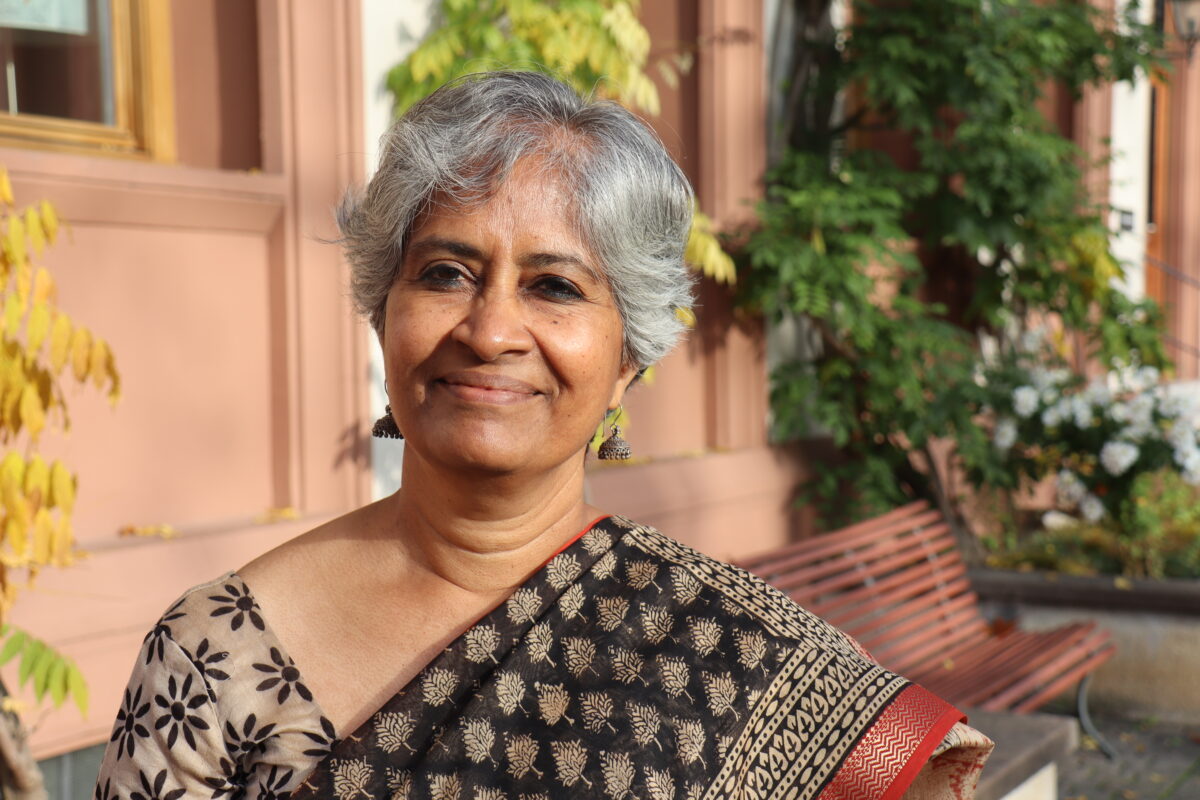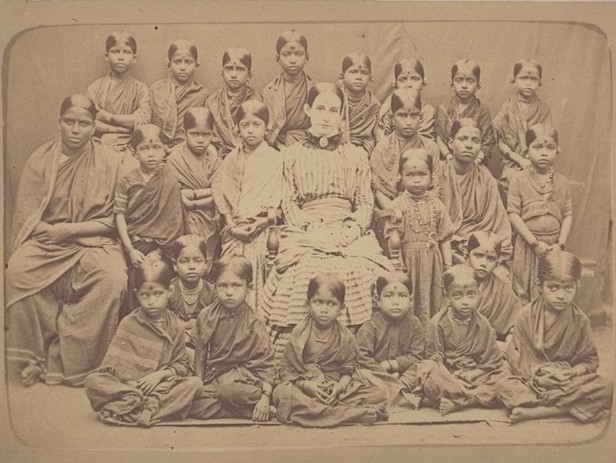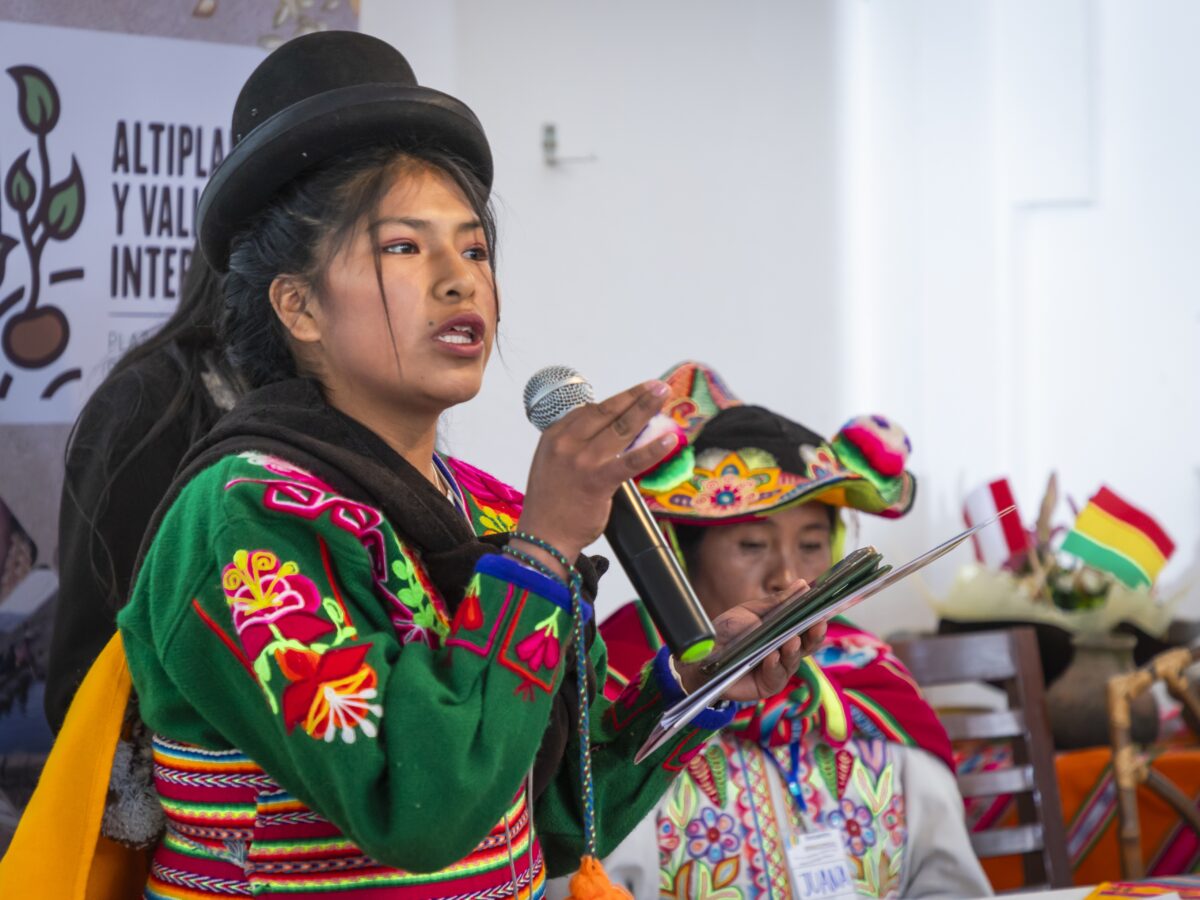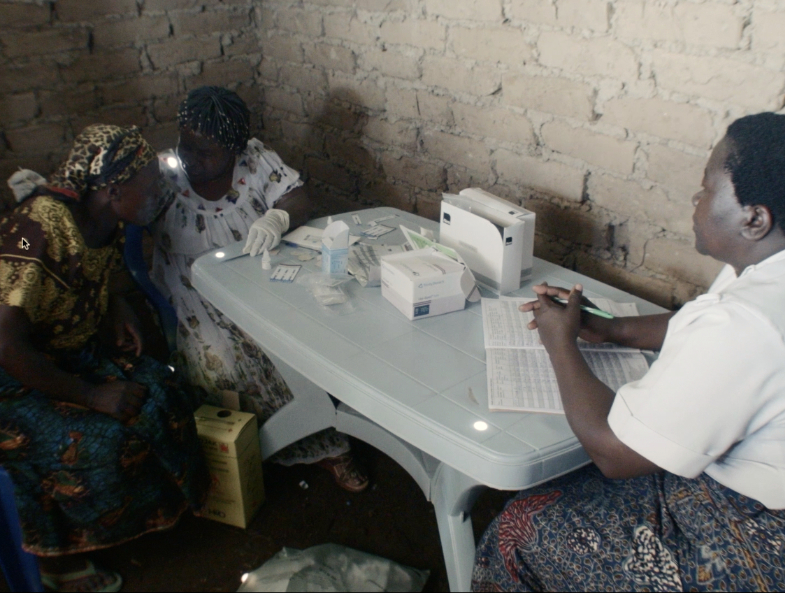Indian researcher Parinitha Shetty has studied the history of the Basel Mission in South India - and says that the mission's presence has shaped Indian society to this day.
Parinitha Shetty, I have brought you this photograph from the Mission 21 research archive. Do you know the photograph?
Yes, it shows a Brahmin school. It was the first school that the Basel Mission offered for girls - only for students from the highest caste. That was unusual.
Why?
As early as the 19th century, the Basel mission circumvented the caste rules and allowed boys from different castes to attend the same class. The families from the upper castes did not like this. They did not want the children to sit in the same room. The missionaries did not comply, so the parents took their children out of school.
The missionaries persisted - and after a few days, the children returned. They needed the English they learned at school to be able to learn a colonial trade.

The school for the Brahmin caste only was therefore an exception.
The missionaries were interested in converting members of the upper castes. But they felt that many boys did not do so because the women in their homes held them back. By introducing girls from the upper castes to Christianity, it was hoped that their future husbands and sons would convert more easily.
Nevertheless, you say that the missionary schools have contributed to the dissolution of the caste system in India. What impact does this have on the present day?
Today, we take it for granted to enter a classroom where different castes sit together.
I think that the schools of the Basel Mission played an important role in this change. The idea of children from different castes being in the same room and being educated in the same way was radical for the mid-19th century.
Was it also radical that girls could go to school?
Yes.
What influence does this have on the situation in India today?
The fact that women can go to school and receive an education was made possible by the missionaries' education system. Missionaries founded the first girls' schools in India - the colonial government only started this much later.
What problems do girls and women face in India today?
Education has become more acceptable. The problem is rather that women are not getting higher degrees because marriage is seen as more important for women and many women are still married very early.
In your research, you report strikingly positively about the Basel Mission.
Yes, I'm being a bit polemical. Of course, there is also the other side of the coin - I also include this in my studies. But many reforms and educational measures introduced by colonialism and the missionaries have improved the situation in India, especially for women and people from lower castes. As a woman, I am glad that these changes have come about.
Interview: Emilie Buri
► Link to the webinars






